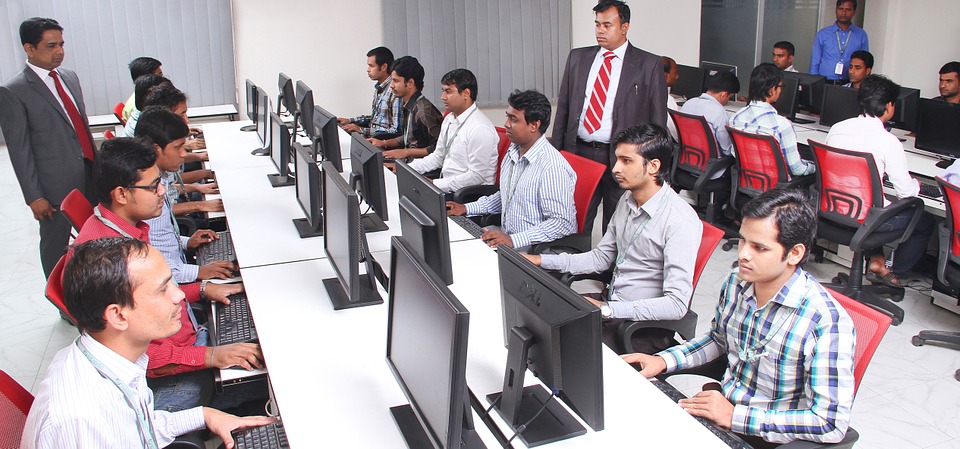Digital upskilling is becoming an important aspect in Indian workplaces. Companies are now investing in the education of their employees to bridge the gap between their skills and the international market standards which are being driven by technological advancement.
The digital revolution in India is happening fast, changing the dynamic of how companies approach business. The internet of things(IoT), the virtual reality (VR), the augmented reality (AR) and big data analytics for instances, provides a different perspective in planning, business policies and how work is approached by employees.
How India is implementing digital upskilling
Take for instance big data analytics where companies have now been able to automate tasks such as accounting, data collections and data storage which was always a problem a few years ago. With the availability of these data, these companies can plan with accuracy and make almost accurate projections of the market. This would not have been possible without technology.
The revolution, however, has come at a cost whereby, most staff are not trained adequate enough to handle the ever-changing technological advancement. Companies have been put in a situation where they must retrain their staff in order to cope with these changes. This has led to a sped-up rate of staff digital upskilling in the Indian market.
Most youthful demographics in the world
India has one of the most youthful demographics in the world and this shift in retraining will spur the development of the country at a faster growth rate. For instance, the median age of India in 2020 will be 28 years. Compared to countries such as Japan which will have a median age of 49 years, this is a very young population. The working-age population therefore is huge and will remain like that for the foreseeable future. US and China have a median age of 37 years whereas Western Europe’s median age is 45 years. This highlights the edge that India holds in demographic favourability.
The necessity of digital upskilling has been emphasized by a report from The National Association of Software and Services Companies (NASSCOM), which estimates that 40 percent of Indian professionals will need upskilling in the next five years. This is a huge figure that should put every stakeholder in the business community.
Steps are currently being taken and recent graduates, professional and experienced employees are enrolling in courses that will help them cope with changes. Data released by Klynveld Peat Marwick Goerdeler(KPMG) in collaboration with Google has shown that India digital online courses are becoming popular. They noted a sharp increase with digital re-skilling and certification netting $93 million of the $250 million industry, a figure that has been associated with how India is coping with advancement in technology and the changing dynamic of work environments.







